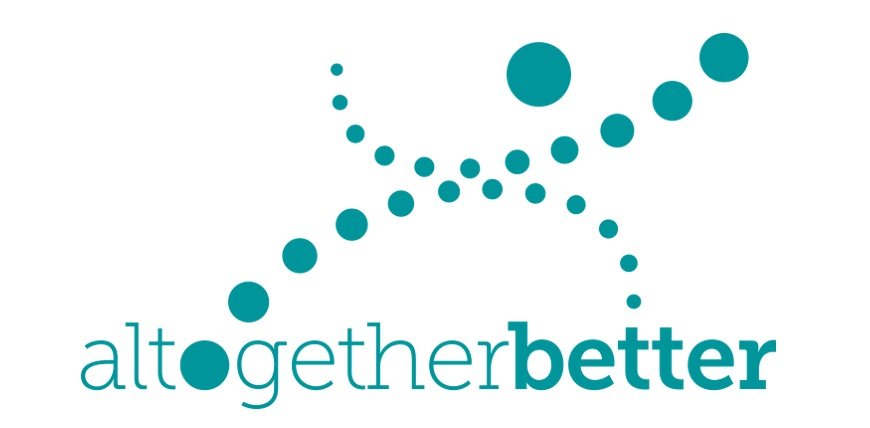New evaluation shows 30% fall in frequent GP attenders
“It is clear to a visitor to the practice that Oxford Terrace has forged a strong link to its patients and its community. It has managed to forge a new model of integrated healthcare system.”
A recent evaluation report looks at the cumulative effect of a number of changes and innovations implemented at Oxford Terrace and Rawling Road Medical Group practices in Gateshead over the last 3-4 years.
During this time the practices moved to a new model of integrated healthcare. This was was prompted by a practice merger in 2013 and then jump-started by the practice being supported by Altogether Better to develop Collaborative Practice.
Overall the data shows Oxford Terrace has evolved to make a significantly wider and “fairer” offer to more of its patients. Appointments are more democratically used (less hoarded by frequent attenders) and more options and alternatives to a 10 minute GP slot are offered. Patients with long-term conditions are handled proactively and with far more options.
Key outcomes
A 30% fall in frequent GP attenders - the number of ‘monthly+’ GP appointment annual attenders has decreased steadily over time (from over 1,000 patients in 2015 to 700 in 2017).
GP appointments shared out more broadly among a wider group of patients. They are less skewed towards frequent attenders than seen at many other practices.
Patients with long-term conditions are less reliant on GP appointments. The average number of GP appointments taken in a year for those with a long term condition has decreased and is lower than seen elsewhere (average of 3-4 vs a more typical number of 5-8).
